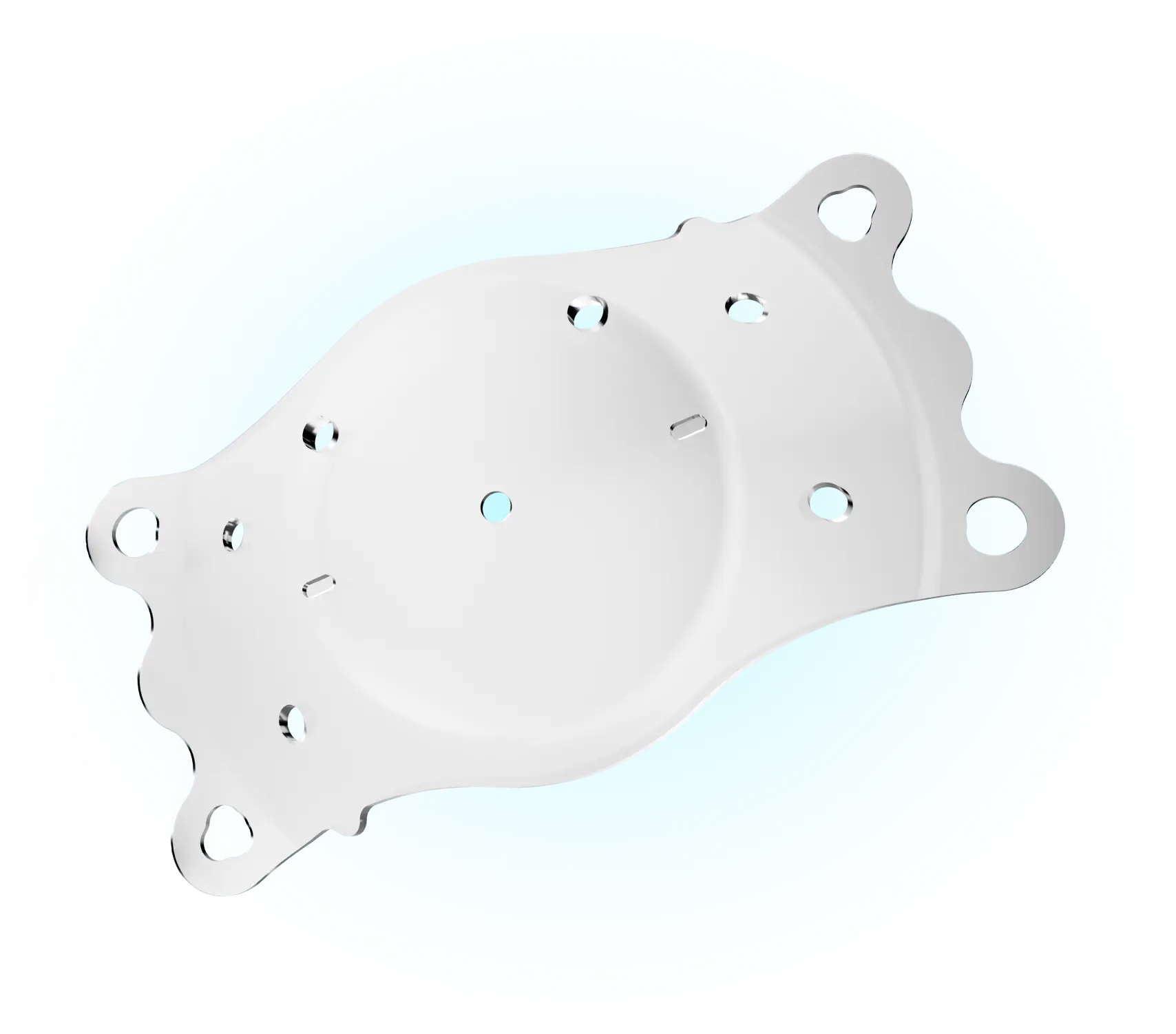
IPCL is also available for presbyopia.
For Presbyopia
IPCL is a “contact lens–like” implantable lens gently placed inside your eye.
As thin as a soft contact lens, it is carefully inserted to correct your vision while preserving the natural structure of your eye.
With IPCL, you can enjoy sports, makeup, and daily life freely—without the hassle of glasses or regular contact lenses.
Experience the freedom of clear, natural vision—with IPCL.

Day surgery, designed for your busy lifestyle.

Numbing the eye with eye drops and preparing for incision

Inserting the IPCL lens

Positioning the lens between the iris and natural lens

Shrinking the iris and finishing the procedure
| LASIK | IPCL | |
|---|---|---|
| Procedure Type | Laser reshapes the cornea | Lens is implanted inside the eye |
| Impact on the Cornea | Removes Corneal Tissue | No Impact |
| Can contribute to Dry Eye Syndrome | Yes | No |
| Reversibility | Permanent, cannot be reversed | Can be removed by your Eye Surgeon |
Why choose IPCL? It’s a vision correction lens approved by many regulatory authorities worldwide.
AYou can rest assured—thanks to eye-drop anesthesia, the procedure itself is painless. Throughout the surgery you’ll be awake and able to communicate with your doctor, so if you notice any discomfort, it can be addressed right away.
A
Although you may see significant improvement in your vision as early as the first postoperative day, complete visual recovery may take 1-2 weeks to stabilize.
You can return to normal activities within 2-3 days after surgery.
AYes. IPCL has a unique model for Presbyopia.
The IPCL implantation procedure is a safe and effective procedure carried on by trained eye doctors.
It can correct various eye conditions such as Myopia, Hyperopia, Astigmatism, and improve your distance vision without eyeglasses or contact lenses. A certain model of IPCL can also improve near vision for individuals who need reading glasses (Presbyopia)1.
However, the IPCL implantation is a surgical procedure, and as such, it carries potential side effects and serious risks.
For information about the main potential side effects and risks, and other safety information, please click the IPCL Safety. (link to safety)
For complete information about the potential side effects and risks, please consult with your eye doctor.
Before you proceed with the IPCL implantation procedure, your eye doctor will conduct a comprehensive eye examination to check whether you are suitable for IPCL implantation. Your eye surgeon will also explain to you in detail the benefits and risks of the IPCL implantation procedure, so that you may be able to make an informed decision.
All IPCL models received the European CE Mark and are approved by numerous regulatory authorities worldwide. The IPCL models for the correction of Myopia and Astigmatism are approved by PMDA in Japan. The IPCL models for correcting Hyperopia or Presbyopia are not approved in Japan.